
Radar | Apr 03,2021
By the general public, academics, observers, detractors, supporters and media outlets, Prime Minister Abiy Ahmed (PhD) has been described as reformist, patriotic, populist, controversial, evasive, bullheaded, ambitious, narcissistic and even insensitive. Few have been able to argue, however, that his year-long premiership was dull.
He came on to the scene as a less known member of the EPRDF, largely under the shadow of the Oromo Democratic Party’s then chairperson, Lemma Megersa. This was until a leadership reshuffle and a majority vote by the party coalition’s council catapulted him to the Premiership. It only took the now famous inaugural speech, with its myriad promises of reform, on April 2, 2018, for him to be afforded public acceptance in the first months of his time in office.
By the general public, academics, observers, detractors, supporters and media outlets, Prime Minister Abiy Ahmed (PhD) has been described as reformist, patriotic, populist, controversial, evasive, bullheaded, ambitious, narcissistic and even insensitive.
His legacy is more pronounced in the political and diplomatic realm. He struck a historic peace deal with Eritrea’s President Issayas Afeworki after almost two decades of stalemate. He also extended an olive branch to opposition parties, pardoning and dropping charges brought by his government against dissedent politicians and journalists opened the political space up for any group or party willing to participate peacefully.
Abiy has been particularly proud of his gender-balanced ministerial cabinet appointments and the ongoing dialogue with opposition parties to reach a consensus on the institutionalisation of power.
By the general public, academics, observers, detractors, supporters and media outlets, Prime Minister Abiy Ahmed (PhD) has been described as reformist, patriotic, populist, controversial, evasive, bullheaded, ambitious, narcissistic and even insensitive. Few have been able to argue, however, that his year-long premiership was dull.
His premiership though has been clouded by lawlessness and internal displacement in almost every region of the country. Ethiopia had the largest number of internally displaced people in the world last year. The compounding instability has led to the loss of lives and property and the postponement of an already belated national census.
If there was speculation last year shortly after the Prime Minister took office on whether Abiy would be a reformer true to his words and could address the nation’s mountainous challenges, no one has a clear answer yet.
You can read the full story here
PUBLISHED ON
Mar 30,2019 [ VOL
19 , NO
987]

Radar | Apr 03,2021
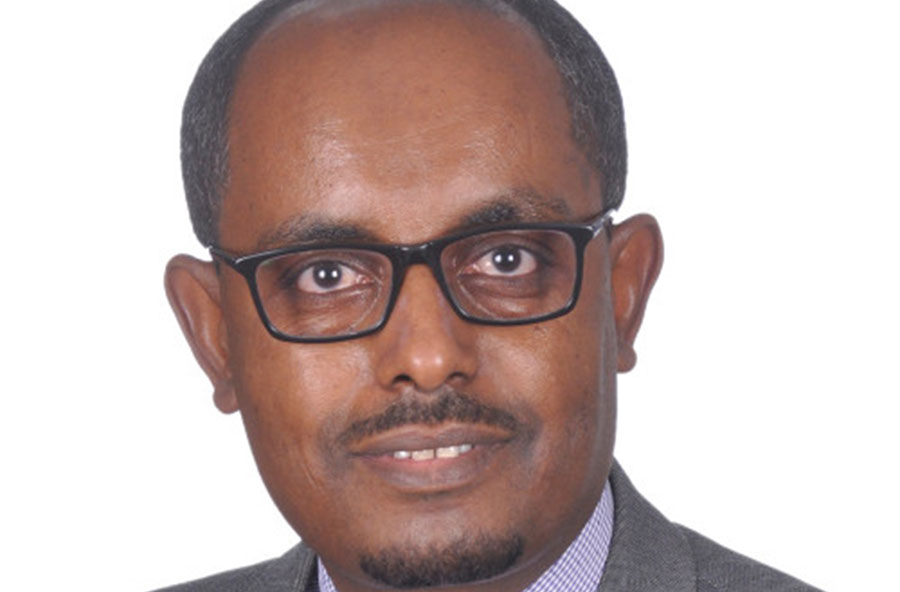
Fortune News | Dec 05,2018
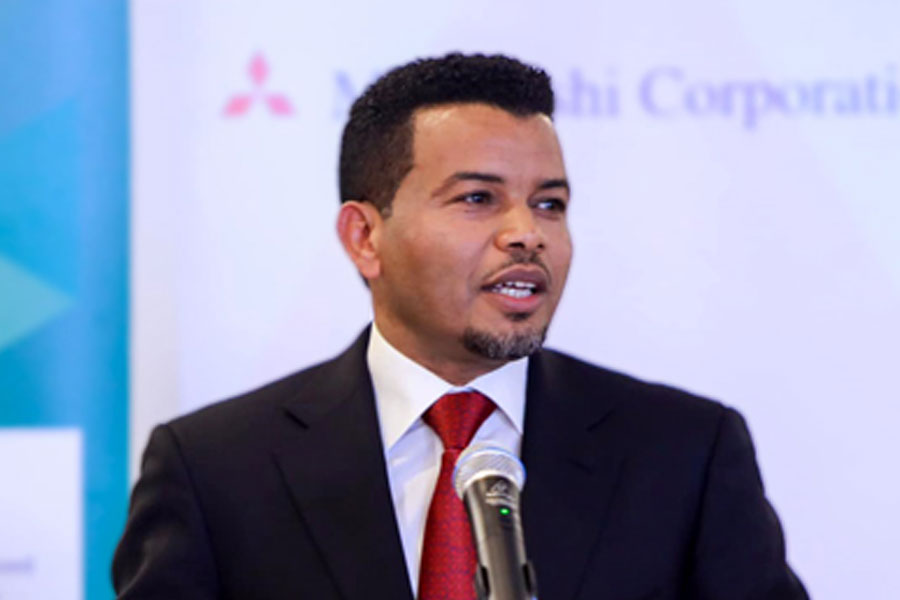
Radar | Jan 14,2023

Year In Review | Sep 07,2025
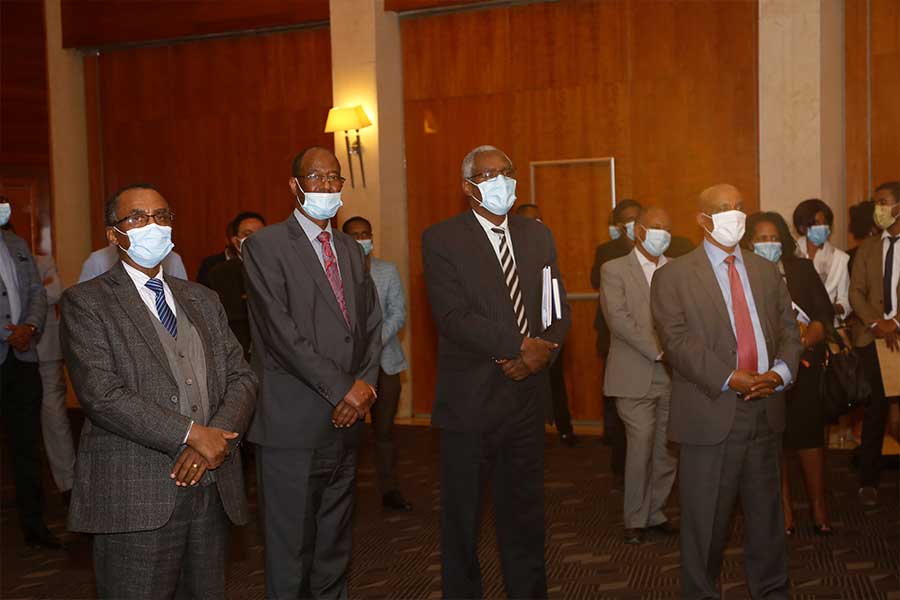
Fortune News | Dec 12,2020

Editorial | Nov 06,2021
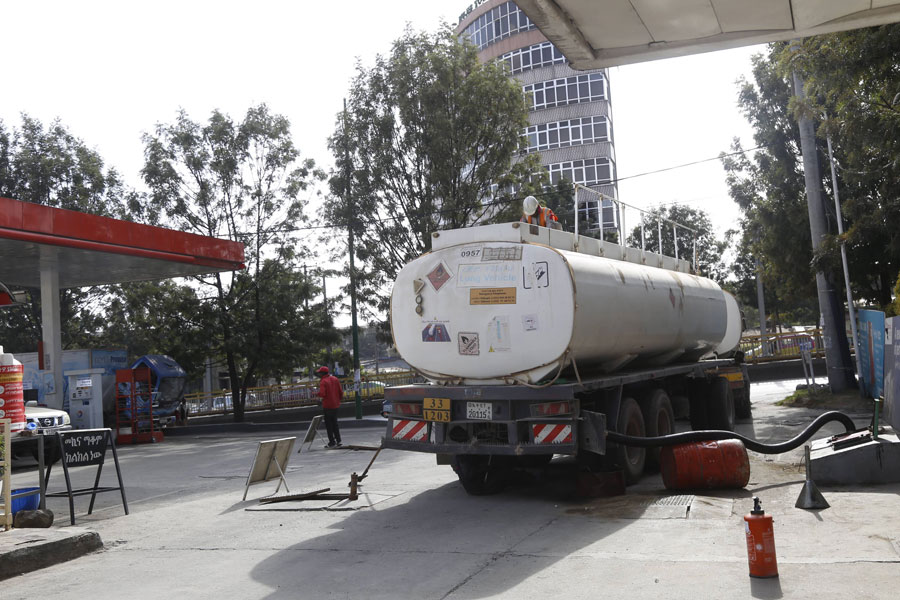
Fortune News | Jan 22,2022
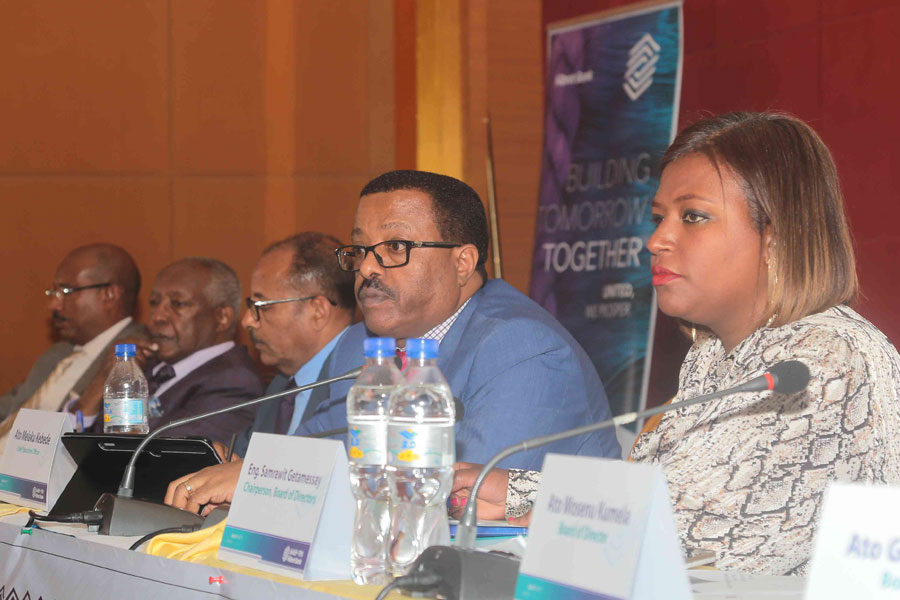
Fortune News | Feb 04,2023

Featured | Sep 09,2024
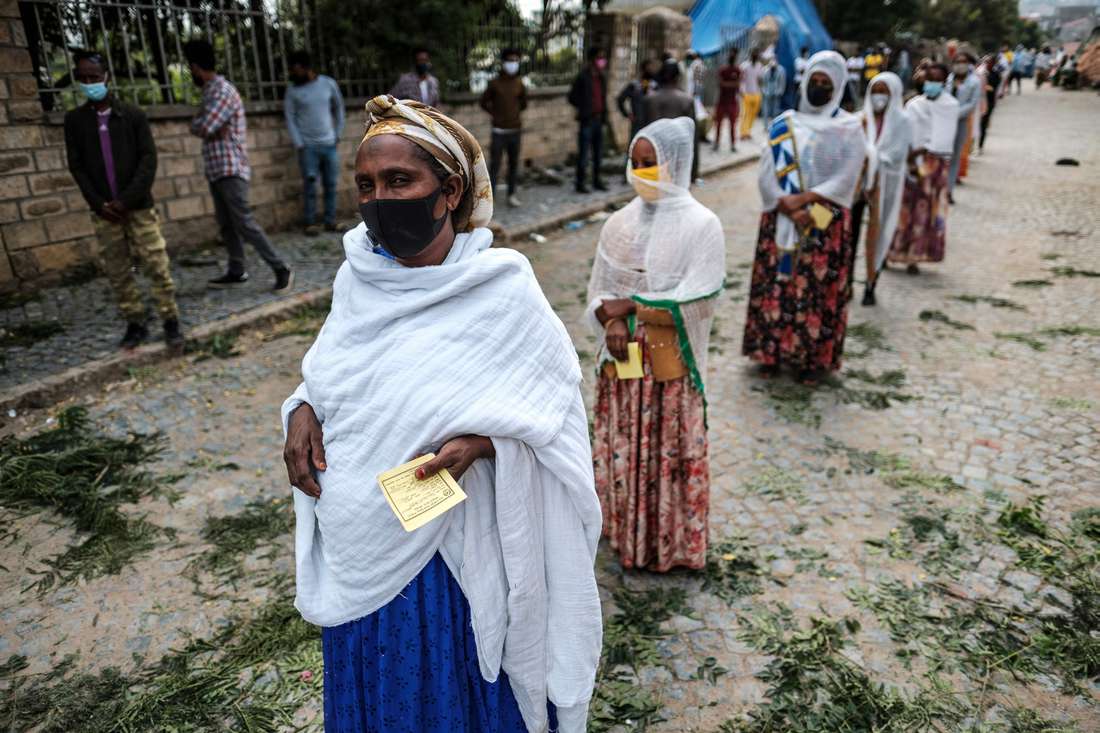
Year In Review | Sep 10,2021

Dec 22 , 2024 . By TIZITA SHEWAFERAW
Charged with transforming colossal state-owned enterprises into modern and competitiv...

Aug 18 , 2024 . By AKSAH ITALO
Although predictable Yonas Zerihun's job in the ride-hailing service is not immune to...

Jul 28 , 2024 . By TIZITA SHEWAFERAW
Unhabitual, perhaps too many, Samuel Gebreyohannes, 38, used to occasionally enjoy a couple of beers at breakfast. However, he recently swit...

Jul 13 , 2024 . By AKSAH ITALO
Investors who rely on tractors, trucks, and field vehicles for commuting, transporting commodities, and f...

Nov 1 , 2025
The National Bank of Ethiopia (NBE) issued a statement two weeks ago that appeared to...

Oct 25 , 2025
The regulatory machinery is on overdrive. In only two years, no fewer than 35 new pro...

Oct 18 , 2025
The political establishment, notably the ruling party and its top brass, has become p...

Oct 11 , 2025
Ladislas Farago, a roving Associated Press (AP) correspondent, arrived in Ethiopia in...